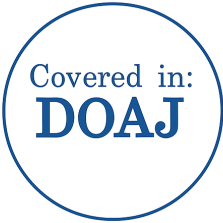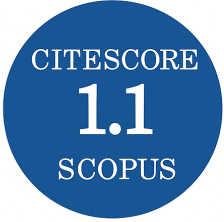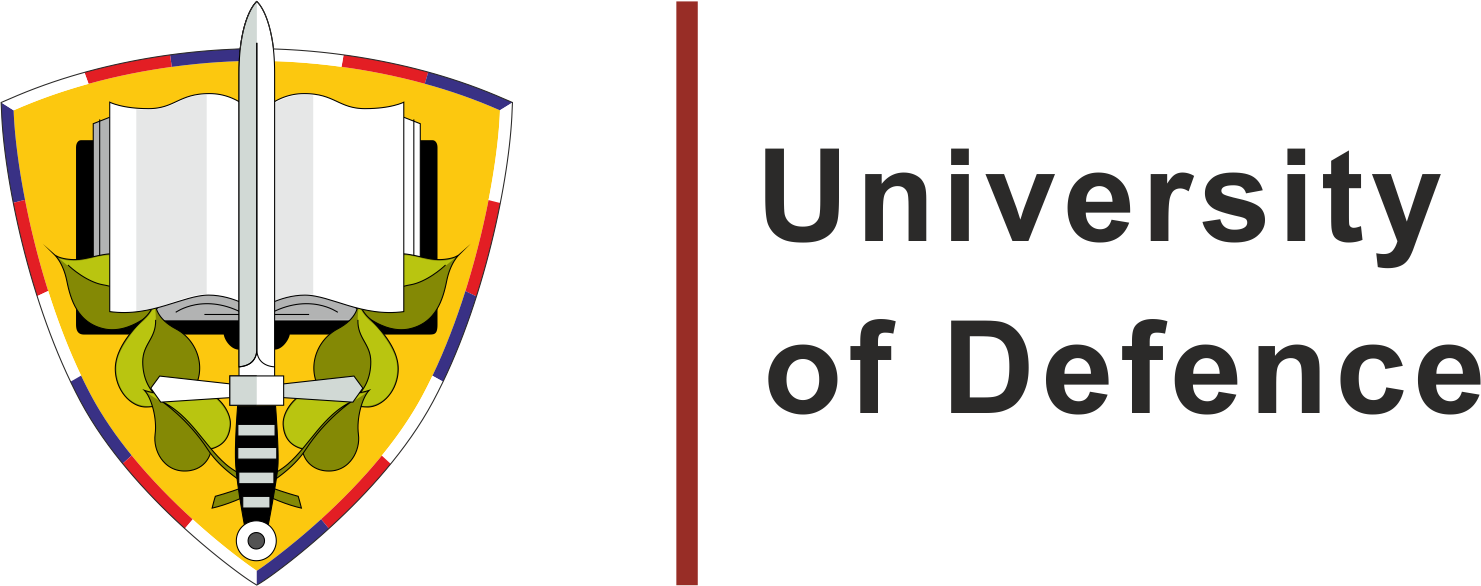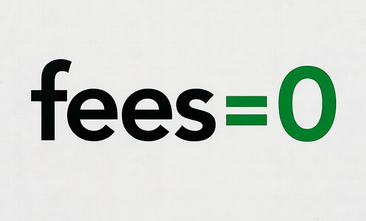ADVANCES IN LANGUAGE LEARNING: WHY ARE THEY SO MUCH SLOWER THAN ADVANCES IN TECHNOLOGY?
Abstract
The reason behind publishing the article in this journal is that the author has been actively co-operating with academic workers involved in research in the area of military technology. This article presents some issues of language learning and teaching. The complexity of the process of language learning and language acquisition is clarified. The most frequent problems of adult language learners are approached from the point of view of both language specialists and learners - mostly technically oriented academic workers. Krashen's theory of language learning and language acquisition is explained. The process of language learning is a complicated and almost never-ending process. Each learner expects something different from language learning and each of them has also different pre-dispositions to learn a foreign language. There is no universal or ideal methodology to efficiently teach foreign languages.
References
Downloads
Published
Issue
Section
License

This work is licensed under a Creative Commons Attribution-NonCommercial 4.0 International License.
Authors who publish with this journal agree to the following terms:
1. Authors retain copyright and grant the journal right of first publication with the work simultaneously licensed under a Creative Commons Attribution License that allows others to share the work with an acknowledgement of the work's authorship and initial publication in this journal.
2. Authors are able to enter into separate, additional contractual arrangements for the non-exclusive distribution of the journal's published version of the work (e.g., post it to an institutional repository or publish it in a book), with an acknowledgement of its initial publication in this journal.
3. Authors are permitted and encouraged to post their work online (e.g., in institutional repositories or on their website) prior to and during the submission process, as it can lead to productive exchanges, as well as earlier and greater citation of published work.
Users can use, reuse and build upon the material published in the journal for any purpose, even commercially.






